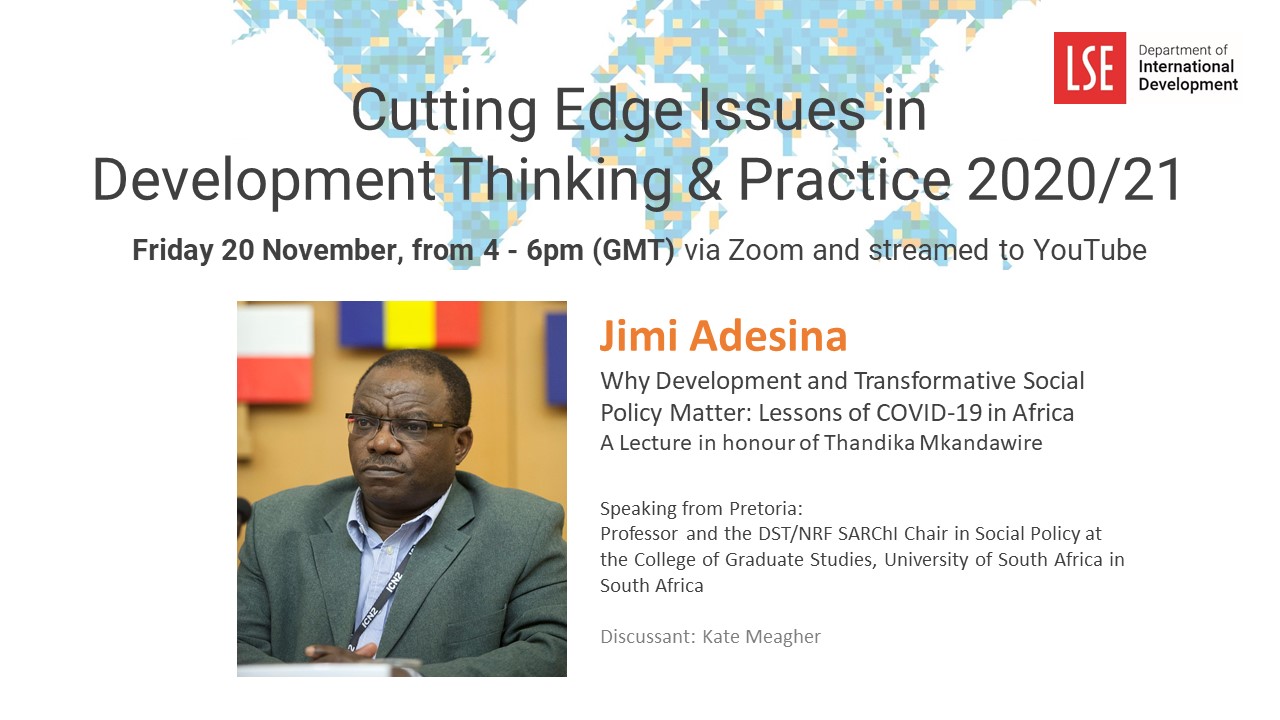Dr Ruben Andersson , Postdoctoral Research Fellow at the Department of International Development’s Civil Society and Human Security Research Unit, will be speaking on ‘Secure the Borders!’ The Cost and Consequences of Europe’s ‘Fight Against Irregular Migration’.
Date: Tuesday 14 October 2014
Time: 5-6.30pm
Venue: The Venue, Saw Swee Hock Student Centre
Speakers: Dr Ruben Andersson, Dr Nicholas De Genova, Jeremy Harding, Dr Cecilia Malmström
The summer of 2014 has been yet another season of misery at Europe’s southern frontiers. The unseaworthy boats carrying migrants and refugees towards an uncertain destiny and destination have again multiplied along Italian shores, despite the large investments in more patrols, surveillance and coordination at the borders. Elsewhere, in Spain and Greece, a similar story repeats. A decade on from the founding of Europe’s border agency Frontex, the challenges at the border seem as steep and intractable as ever. In this time, Europe has developed ever more complex initiatives for tracking, halting, returning and assisting undocumented migrants seeking southern European shores, involving an expanding range of sectors: European border guards and African security forces, humanitarians and policymakers, academics and intelligence experts, defence companies and data managers. What are the stakes for these diverse and at times conflictive groups working on irregular migration at and beyond the EU external borders? Who are the winners and losers among them – and are they succeeding in their job of ‘managing the frontiers’? To mark the launch of Illegality, Inc. (UC Press), this event grapples with such difficult questions about the ‘business of bordering Europe’ in the boats’ wake – while also suggesting ways in which the suffering at the borders may be alleviated in the future.
Ruben Andersson (@ruben_andersson) is AXA Postdoctoral Research Fellow at LSE’s Civil Society and Human Security Research Unit.
Nicholas De Genova is a Reader in Urban Geography at King’s College, London.
Jeremy Harding is a contributing editor to the London Review of Books.
Cecilia Malmström (@MalmstromEU) is the EU Commissioner for Home Affairs.
For more information please see the Dept of International Development website.





